Opinions divided over need for flight ban
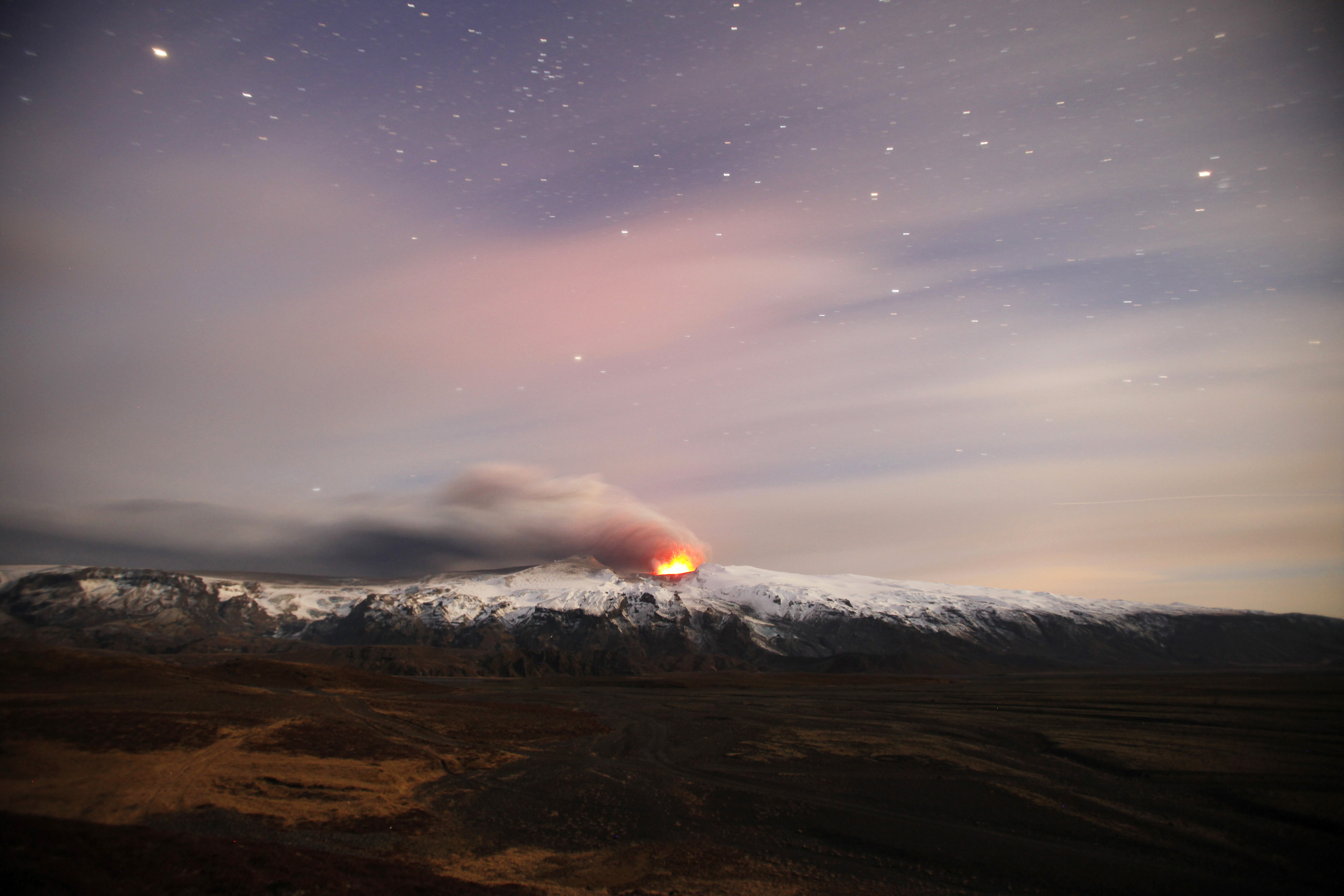
As some flights resumed in Switzerland on Tuesday, questions continue to be raised over whether the European airspace ban, imposed due to volcanic ash, was too hasty.
The grounding paralysed air traffic for five days. But the Swiss authorities and some experts say that the decision was the right one.
Switzerland reopened its airspace at 8am on Tuesday after being blocked for five days amid concerns that aircraft could be damaged by ash particles from Iceland’s erupting Eyjafjallajökull volcano.
Much of Europe has followed suit, but British airspace remained closed as another ash cloud headed towards the country. Delays across Europe are, however, expected for some days.
Among those breathing a sigh of relief were air companies, which are estimated to have lost at least $200 million (SFr212 million) a day during the standstill. Some had been calling for the ban to be lifted before Tuesday.
In addition, the International Air Transport Association (IATA) and even a top European Commission official had also been questioning the validity of data upon which the ban was based.
Correct decision?
For the head of Switzerland’s Federal Civil Aviation Office, Peter Müller, the European decision was correct, based as it was on safety considerations. It is known that aircraft can be damaged in a thick ash cloud, as a case in Indonesia had shown, he said.
“What we don’t know exactly is how thick the cloud has to be to cause damage and how much the engines can bear,” Müller told a media conference on Tuesday.
Switzerland’s decision on Monday to extend its ban until Tuesday has also come under fire.
Swiss aviation expert Max Ungricht told the Tuesday edition of the Aargauer Zeitung/MLZ that the authorities had overreacted and that there had been no precise data from physicists to back up the need to close airspace.
The ash cloud lingering over Switzerland had dissipated significantly on Tuesday, according to MeteoSwiss. That prompted officials to open all of the country’s airspace at once, while other nations opened only columns.
According to Ungricht, officials and meteorologists were given too much of a say. “I think that for an overall assessment, the point of view of the plane and engine manufacturers and the operators needed to be incorporated,” he was quoted as saying.
Test flights through the cloud prior to lifting the ban revealed no damage to aeroplane components, but each plane passing through affected zones must still be thoroughly inspected upon landing, the Civil Aviation Office has ruled.
No overreaction
French aviation expert Pierre Condom believes the Swiss closed their airspace at the right time and overall Europe reacted correctly to the volcano eruption. He said it was all too easy to say that there had been an overreaction.
“If one of the governments had decided to open its airspace and if an accident had occurred later I’m sure that the same people who said today we were overcautious would have said, ‘Well the ministers and the civil aviation admin were not capable of resisting the airline lobby and they preferred to save the airlines instead of protecting passenger safety,’” Condom told swissinfo.ch.
It has been mooted, including by the IATA, that Europe should look to the United States system, which allows airlines to decide whether to fly when a volcano erupts. Condom disagrees.
“It’s not in the public interest that somebody who has other interests than safety be in charge,” he said, adding that the civil aviation authorities should have the responsibility.
Lessons learned
But he did say that the European authorities had shown a lack of coordination and were slow to react. The coordination process needs to be speeded up, he said.
There is no real scientific data on the volcanic ash phenomenon. The particles cannot be tracked by radar so officials have to rely on a kind of simulation based on weather data, explained the expert.
This is what the European countries relied on. But there are implications for the future.
“Although [Iceland’s volcano eruption is] a small incident it became something important because it happened in the middle highway in the north Atlantic,” Condom said.
“But the major highways of tomorrow are in Asia and you have far bigger volcanoes in that zone – so it’s something that will happen again and so we need on a global basis some means of getting into the sky and having better information gathering.”
Isobel Leybold-Johnson, swissinfo.ch
Zurich airport is Switzerland’s largest international gateway and hub to Swiss International Air Lines.
Geneva and Basel also operate regular international flights.
Bern and Lugano are mainly regional airports.
Small jagged pieces of rocks, minerals, and volcanic glass the size of sand and silt (less than 2 millimetres (1/12 inch) in diameter) erupted by a volcano are called volcanic ash.
Volcanic ash is not the product of combustion. It is hard, does not dissolve in water, is extremely abrasive and mildly corrosive, and conducts electricity when wet.
Volcanic ash is formed during explosive volcanic eruptions. Explosive eruptions occur when gases dissolved in molten rock (magma) expand and escape violently into the air, and also when water is heated by magma and abruptly flashes into steam.
Expanding gas shreds magma and blasts it into the air, where it solidifies into fragments of volcanic rock and glass.
Once in the air, wind can blow the the tiny ash particles tens to thousands of kilometres away from the volcano.
(Source: USGS)

In compliance with the JTI standards
More: SWI swissinfo.ch certified by the Journalism Trust Initiative

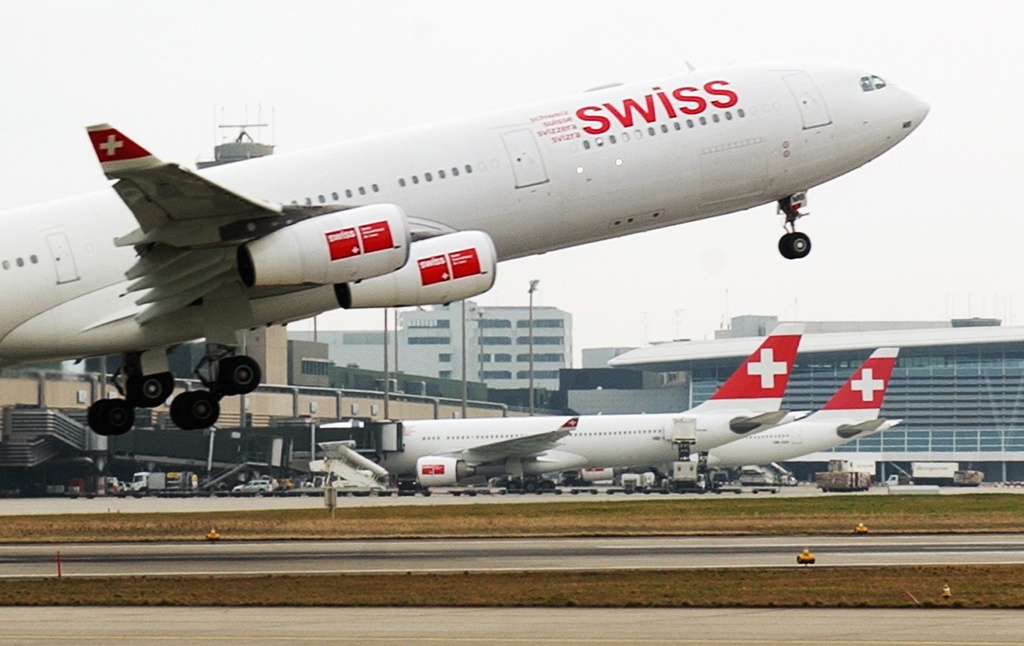
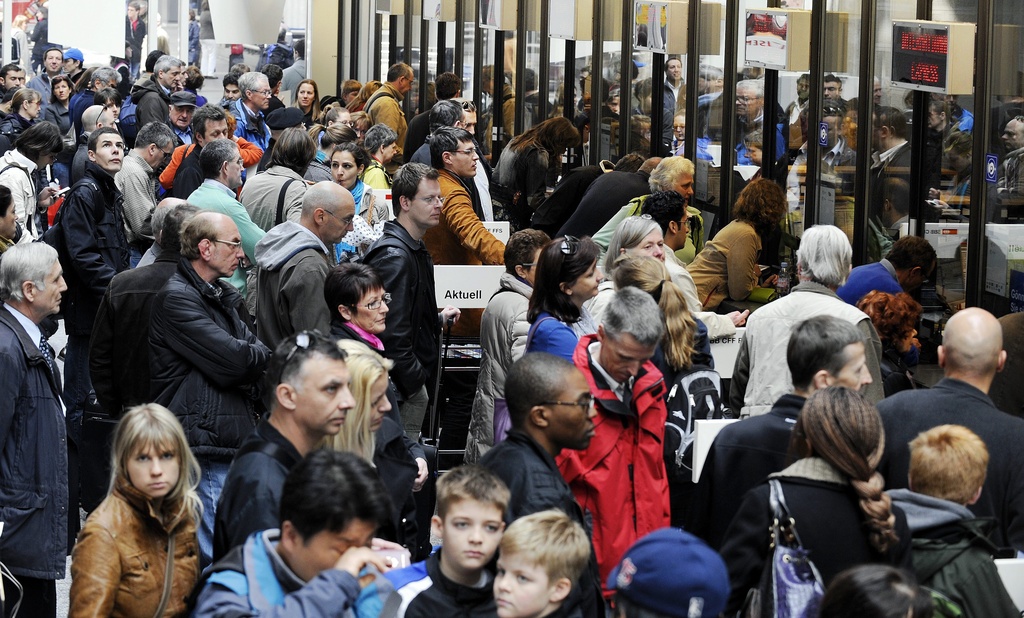
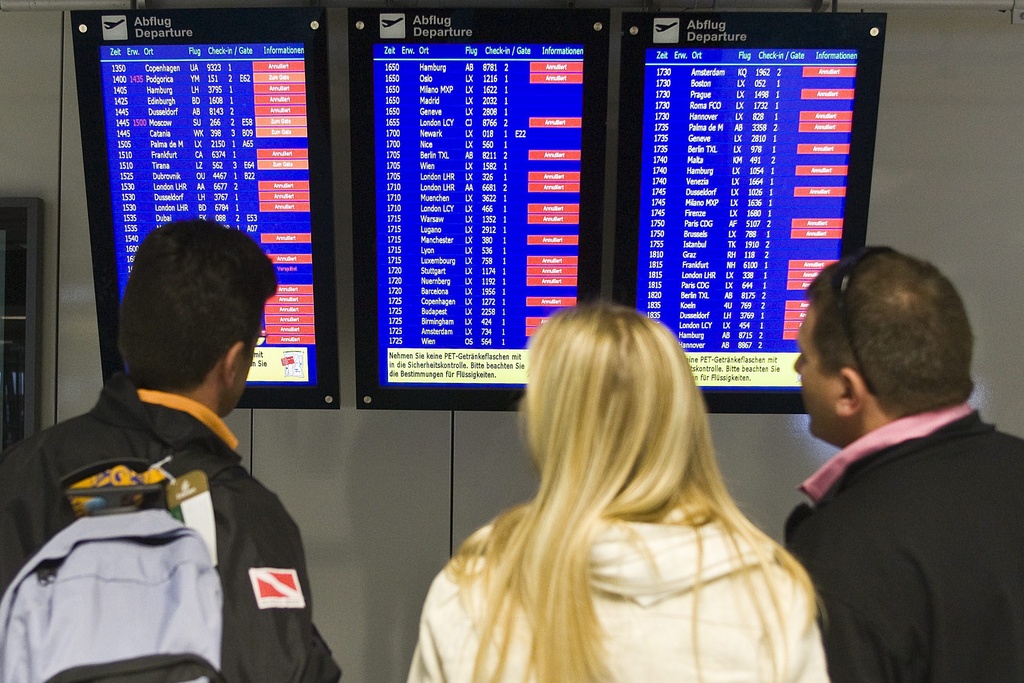
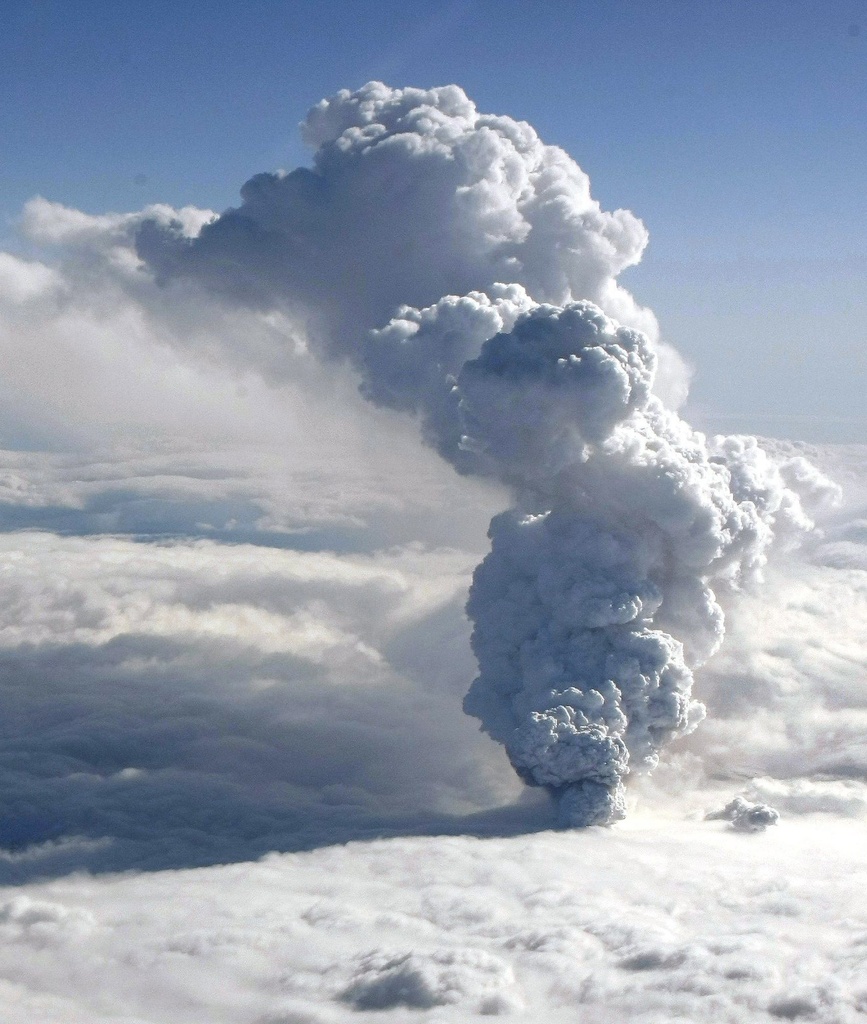
You can find an overview of ongoing debates with our journalists here. Please join us!
If you want to start a conversation about a topic raised in this article or want to report factual errors, email us at english@swissinfo.ch.